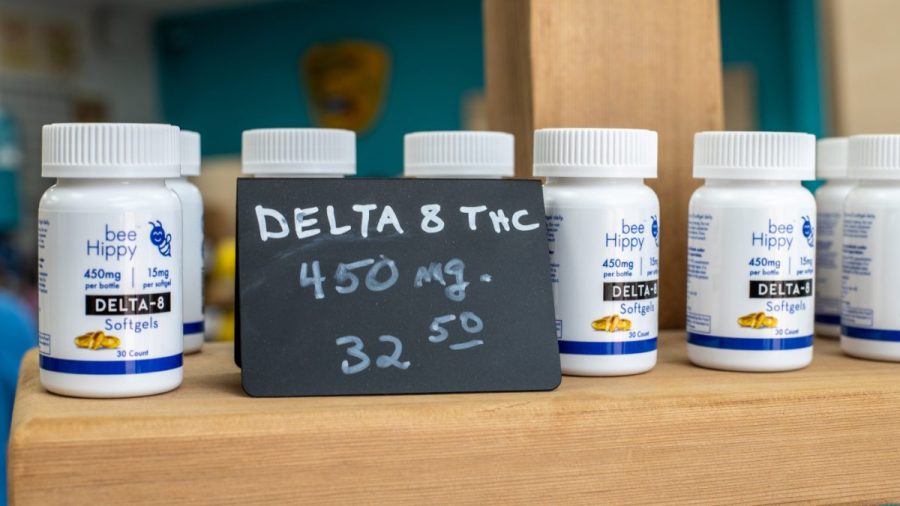
RAPID CITY, S.D. (KELO) — July 1, 2024 brought a slate of new laws into effect in South Dakota, one of which is a ban on the sale and production of chemically modified hemp products.
These products have cropped up across the state (and the nation) over the past several years, and could be bought in locations such as vape shops, liquor stores and gas stations.
Caleb Rose of Rapid City is the co-owner of Black Hills Vapor and Black Hills CBD. He has six stores within the Black Hills area, all of which previously carried some of the products which are now banned by the state.
The law itself lists as prohibited products those which are chemically derived, falling under the category of delta-8, delta-10, THC-O, THC-O-acetate, HHC and THCP, all of which are derived from compounds found within the cannabis plant.
“You know, when we first opened, it wouldn’t have had too much of an impact,” said Rose on the ban. “But since those products have been out and gotten popular, they constitute probably 40% of our sales, even at the vape shops.”
The impact to Rose’s shops is somewhat mitigated by their continued sales of e-juices and other products, but he doesn’t have much trust in the state to allow him to continue selling some products that lawmakers said won’t be targeted.
“We still have CBD and a lot of the others that are allegedly not banned, but that’s just if you take their word for it,” Rose said.
The crux of Rose’s concern comes from the idea that the law is said to only target psychoactive products. “Things like CBN and CBC can be argued to be psychoactive, and you got states like Montana next door who instituted this same law, and they’ve taken CBN off the market,” he said.
Rose went on to explain how exactly the shelves on July 1 differ from what they contained on June 30.
“Right now, what should be fully off the shelves is anything that is chemically converted from CBD isolate into a quote unquote psychoactive cannabinoid,” explained Rose.
Looking at the numbers as a dollar value, Rose estimated that the 40% loss in sales will mean a loss of around $2,400 to $3,000 per day for his business.
One notable aspect of the law is that while it prohibits the production and sale of these products, it does not prohibit the possession or consumption.
“They understood that in order to not violate interstate commerce, you can’t prohibit the possession,” said Rose. “Now people can order online — now you’re only incriminating the business owners.”
All of Rose’s shops are in South Dakota, preventing him from taking the route of some multi-state businesses who could simply move stock to state which allows the sale of the products.
“You got these other bigger companies that are saying, oh, well, we’ll just go sell in Nebraska or go sell elsewhere,” said Rose.
Asked where he thinks this move will take the vape/CBD shop industry in the state, Rose said that it will look familiar. Without the ability to sell these modified products, expect a return to the not too distant days of nicotine-focused vape shops and head shops selling incense, glass and accessories.


